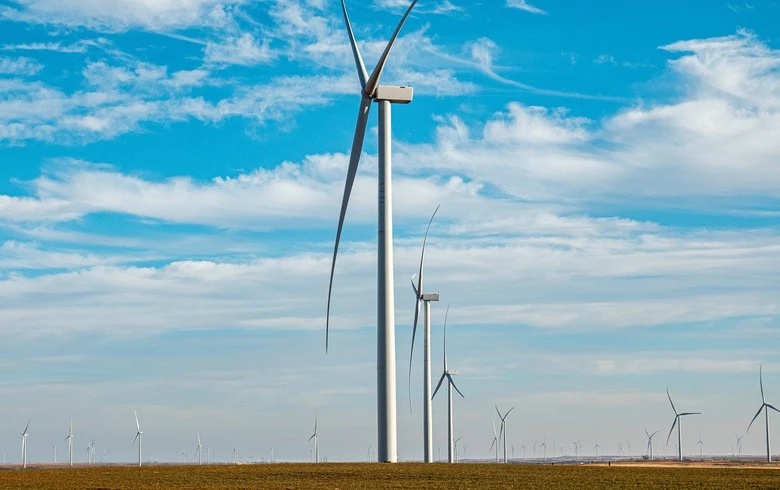November 14 NEC Energy News
¶ “AEP To Spend $9.4 Billion On Regulated Renewables” • The American Electric Power Company plans to invest $9.4 billion in regulated renewables over the next five years as part of its plan to add 21.5 GW of diverse generation in the period 2024-2033. This is according to AEP chair, president, and CEO Julie Sloat, as she discussed AEP’s five-year plan. [Renewables Now]

¶ “Smaller Utah Towns Were Banking On The Promise Of Nuclear Replacing Coal. Now What?” • An energy project that was slated to help many Utah communities transition from fossil fuels to nuclear power has been canceled. That means they’ve got to find other ways to fill that gap in their long-term plans for transitioning to carbon-free electricity. [KUER]
¶ “Global Wind Power Market To Record Robust Growth At 13.67% CAGR, Accounting For $278.43 Billion By 2030” • A recent report published by Kings Research shows that the global Wind Power Market size reached $112.23 billion in 2022 and projects it to register $278.43 billion by 2030, growing at a CAGR of 13.67% from 2023 to 2030. [Yahoo Finance]
¶ “Electric Vehicle Sales Continue to Grow, Despite What Some Automakers Are Saying” • The future of cars is electric, a fact that many of the world’s automakers have publicly stated. But over the last month several automakers have said the transition from gasoline to EVs needs to slow down, partly due to low demand. That is a tactic. [CleanTechnica]

¶ “UK Wind Power Still A Better Deal Than Gas” • Analysis by independent think tank New Green Alliance has revealed even if the UK government sets prices for offshore wind power at double the level paid in the last successful Contracts for Difference auction, it will still be cheaper than gas power, and prices will be less volatile. [reNews]
¶ “Drenching Rain On Its Way To Quench Louisiana’s Worst Drought On Record” • The Gulf Coast’s most significant rainfall in months will bring much-needed relief this week to portions of the Gulf Coast, helping to alleviate Louisiana’s worst drought on record, which fueled unprecedented wildfires and helped trigger a saltwater intrusion into the Mississippi River. [CNN]
For more news, please visit geoharvey – Daily News about Energy and Climate Change.
